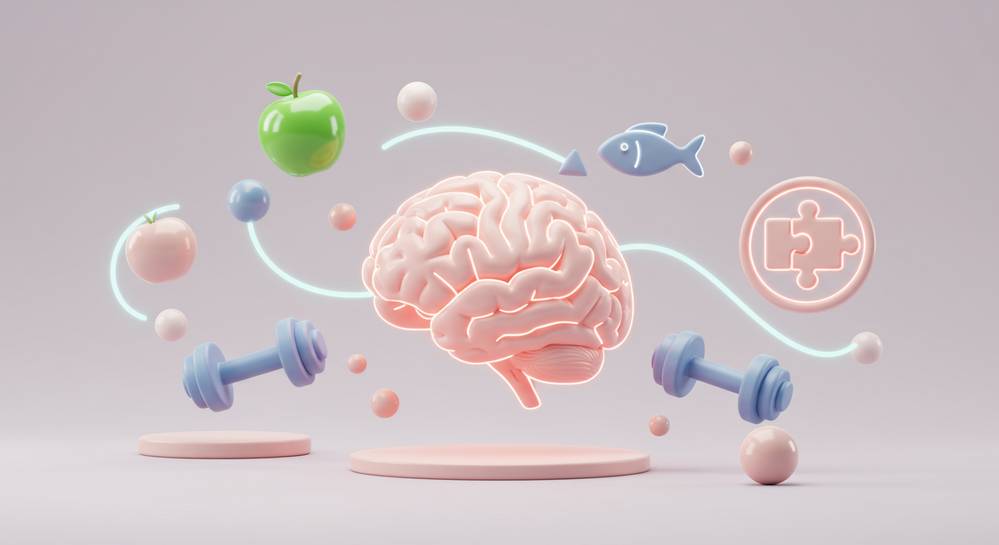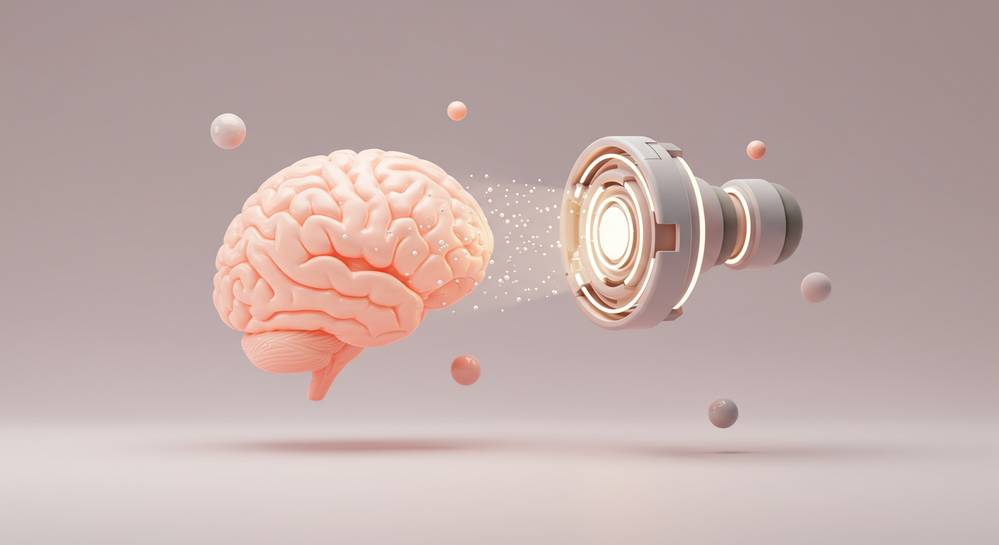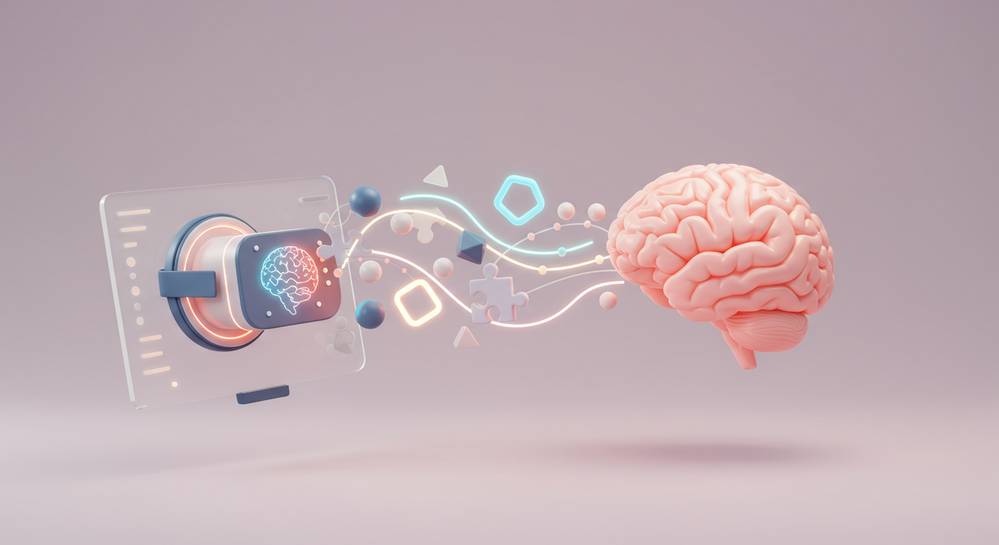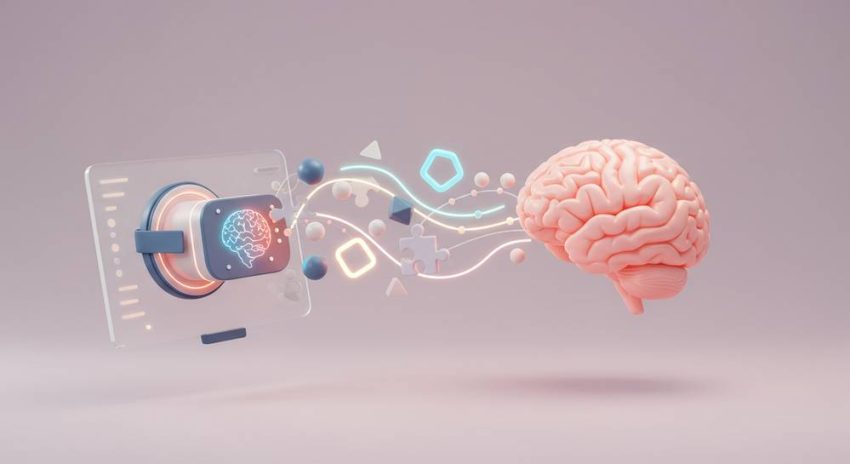The conversation around dementia is shifting from inevitable decline to proactive defense. Fueled by remarkable scientific progress, new hope is emerging. The latest advancements in dementia prevention are not just theoretical; they offer practical, evidence-based strategies for safeguarding our cognitive future. This article explores the most significant breakthroughs and what they mean for you and your brain health, providing a clear roadmap in a once-uncharted territory.
The pivotal role of lifestyle and diet modifications

One of the most significant advancements in dementia prevention is the scientific consensus on proactive lifestyle management. These are not mere suggestions but evidence-based strategies that can significantly alter brain health trajectories. The focus has moved from a single solution to a holistic approach. This empowers individuals to take direct control of their cognitive future through daily choices.
Key lifestyle pillars for brain health
- Dietary Protocols: The MIND diet is a prime example. It emphasizes natural, plant-based foods while limiting red meat and sweets. Research from Rush University Medical Center shows it can lower Alzheimers risk by up to 53 percent.
- Physical Activity: Regular aerobic exercise boosts blood flow to the brain and reduces inflammation. Aim for at least 150 minutes of moderate-intensity activity weekly to stimulate helpful growth factors for brain cells.
- Cognitive and Social Engagement: Lifelong learning and strong social connections are crucial. These activities build cognitive reserve, the brains ability to find alternate pathways when facing damage.
Breakthroughs in early detection and diagnostics

Previously, diagnosing conditions like Alzheimers definitively could only happen post-mortem. Today, key advancements in dementia prevention allow for incredibly early and accurate detection. This transforms the landscape by enabling interventions long before significant symptoms appear. The shift from late-stage diagnosis to preclinical identification is a monumental leap forward, making a timely and accurate mental health diagnosis more achievable than ever.
Groundbreaking diagnostic tools
- Blood-based Biomarkers: Simple blood tests can now detect key proteins like amyloid-beta and phosphorylated tau (p-tau). High levels of these markers can indicate Alzheimers pathology years, or even decades, before cognitive decline is noticeable. This makes screening more accessible and less invasive.
- Advanced Neuroimaging: Techniques like Positron Emission Tomography (PET) scans can directly visualize amyloid plaques and tau tangles in the living brain. Combined with MRI scans that assess brain structure, these tools provide a comprehensive picture of brain health.
Emerging pharmacological and therapeutic strategies
While lifestyle changes are foundational, the pharmaceutical pipeline is delivering promising new dementia treatments. These drugs represent a new era of proactive medical intervention rather than just managing symptoms. This is one of the most critical advancements in dementia prevention, as these therapies work with early diagnostics to offer a more effective window for treatment. This approach requires comprehensive undefined for patients and families.
Disease-modifying therapies on the rise
A significant development is the approval of monoclonal antibody therapies, such as Lecanemab. These drugs are designed to clear amyloid plaques from the brain, one of the hallmark pathologies of Alzheimers disease. Clinical trials show this can modestly slow cognitive decline in the early stages. While not a cure, it is a critical first step in modifying the disease course itself.
Furthermore, ongoing research is exploring other biological targets. Scientists are developing therapies aimed at tau pathology, neuroinflammation, and metabolic pathways. This multi-pronged attack promises a future where dementia can be managed with a combination of personalized strategies, moving beyond a one-size-fits-all approach.
The intersection of technology and cognitive training

The digital revolution has brought powerful tools for maintaining and enhancing cognitive function. Technology is no longer just for entertainment; it is an active partner in brain health. These tools are key advancements in dementia prevention, making cognitive training more engaging, personalized, and accessible to a global audience, moving beyond traditional puzzles and games.
Digital tools for cognitive enhancement
- Personalized Cognitive Training: Modern brain training platforms use adaptive algorithms to tailor challenges to an individuals specific cognitive needs. Apps and web-based programs now focus on improving memory, attention, and processing speed with scientifically designed exercises that evolve with the user.
- Wearable Technology and Data: Smartwatches and other wearables track crucial health metrics like sleep quality, heart rate variability, and physical activity. This data can provide early warnings of health changes that might impact cognitive function, allowing for timely lifestyle adjustments.
- Virtual Reality for Stimulation: VR is emerging as a powerful tool for creating immersive environments. It is used for memory recall therapy by recreating familiar past environments and for complex problem-solving exercises that engage multiple cognitive domains simultaneously.
The landscape of dementia prevention is rapidly evolving from passive hope to proactive strategy. The latest scientific advancements underscore a powerful truth: we have more agency over our brain health than ever before. By integrating evidence-based lifestyle changes, leveraging early diagnostics, and embracing new technologies, you can build a formidable defense against cognitive decline. Continue exploring these strategies on the Brain Train Blog.
